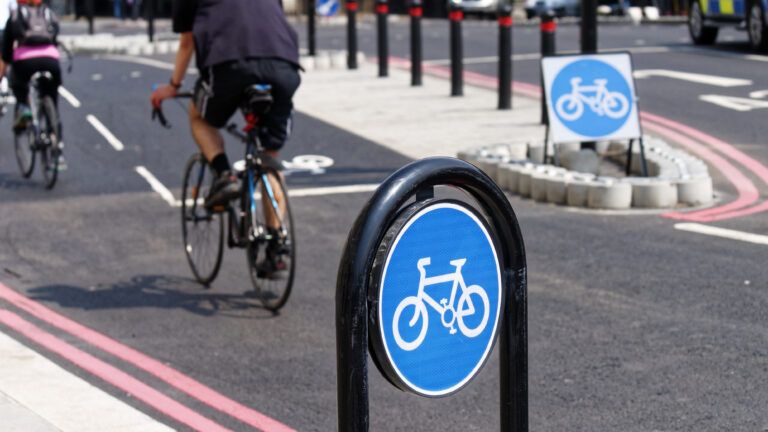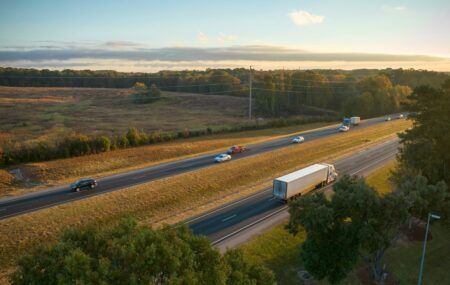The growing popularity of bike share schemes across the UK has reduced car mileage for each user by an estimated 3.7 miles every week, according to a new report by Collaborative Mobility UK (CoMoUK).
The report revealed that the UK’s 39 bike share schemes are attracting more people back to cycling, delivering mental and physical health benefits, and helping the environment.
According to the report, 49% of users said that joining a bike share scheme was a catalyst to them cycling for the first time in at least a year – including 6% who took up cycling for the first time.
CoMoUK is a charity that promotes the environmental, economic, health and social benefits of shared transport for the public good. The CoMoUK annual bike share report is produced by CoMoUK in conjunction with accredited UK bike share operators and local authority representatives. In total, a record 4,267 responses were received for this year’s report.
The report also found that more than half of users (53%) said they would have made their last trip by car or taxi if bike share had not been available. Furthermore, it revealed that electric bikes (e-bikes) are soaring in popularity because they reduce journey times and help riders to tackle hills. 34% of those using e-bikes said they were replacing car or taxi trips of more than five miles per week (compared to 24% of non-e-bike users).
CoMoUK said the findings prove that bike share schemes are a key tool in the UK’s journey to net zero and can help improve the country’s physical health and mental wellbeing. According to CoMoUK, there were 22,789 bikes in operation last year and 41,599 average trips made each day.
 Richard Dilks, chief executive of CoMoUK, said, “The findings of this report have proved that bike share is a catalyst to re-engaging with cycling. Bike share supports health and wellbeing, triggers sustainable travel behaviors, cuts car miles, and works alongside bike ownership.
Richard Dilks, chief executive of CoMoUK, said, “The findings of this report have proved that bike share is a catalyst to re-engaging with cycling. Bike share supports health and wellbeing, triggers sustainable travel behaviors, cuts car miles, and works alongside bike ownership.
“There are many personal benefits of taking up cycling and it’s encouraging to see e-bikes becoming increasingly popular – with no significant age differences between e-bike riders and the whole group, demonstrating their appeal to all generations,” he continues. “Ultimately, if we are to achieve our ambitious net zero targets, we need to address the issue of private vehicle ownership, which massively contributes to the UK’s emissions.
“Shared transport such as bike share schemes, along with car clubs, demand responsive transport and e-scooters, alongside public transport, are the key to achieving our goals,” Dilks added.
The report can be read here.





